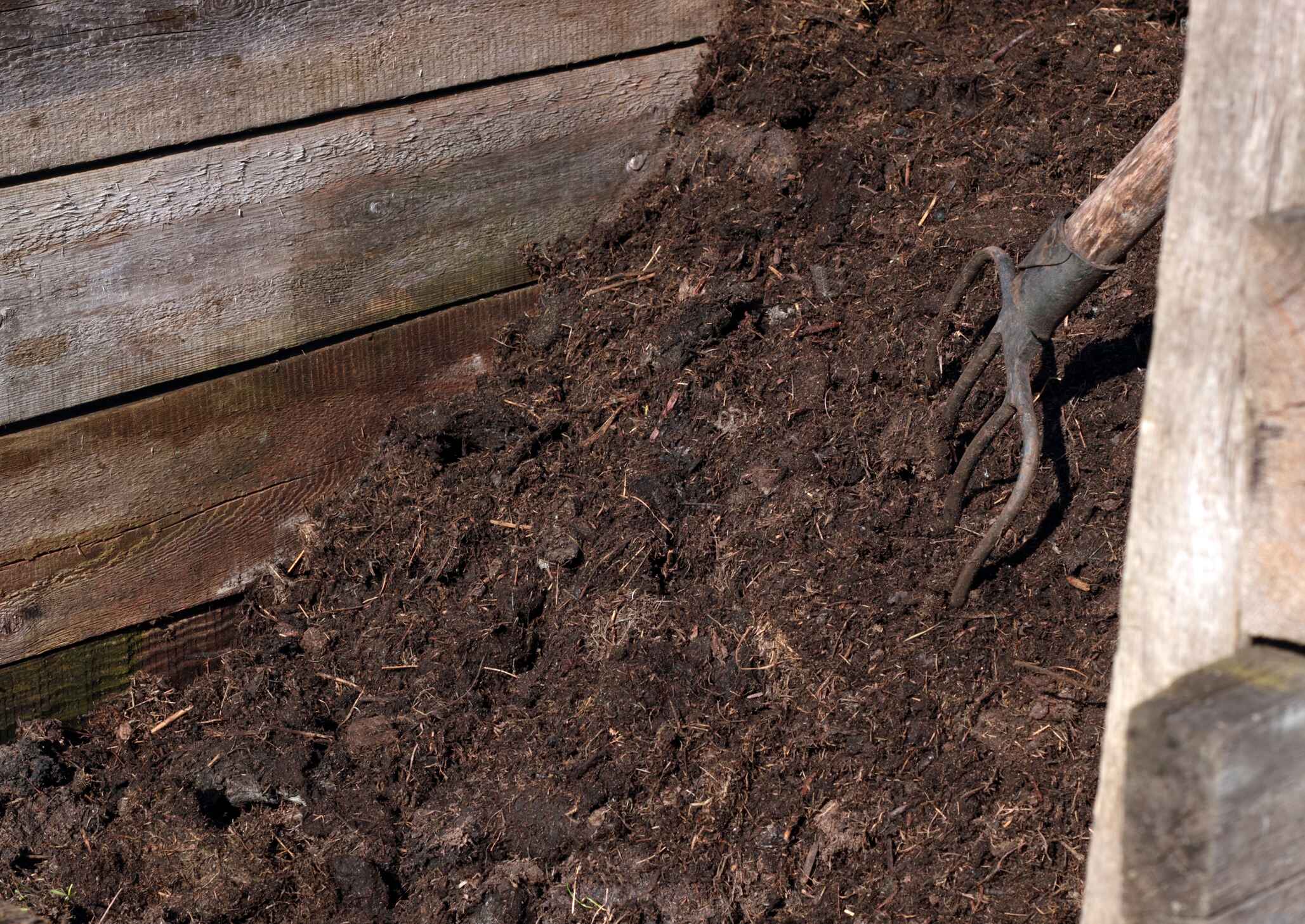Adding compost to established garden beds is possible, and can actually be a very effective way of revitalizing the area. Compost is full of nutrients that plants need to grow, making it an essential element of every successful garden. Below, we look at several methods for adding this nutrient-rich substance to your older garden beds.
Mixing in Soil Around Plants
The first method of adding compost to established gardens can be effective when you don’t want to disturb your plants but do want to reintroduce nutrients to the bed. Simply spread 2-3 inches of compost in all the available areas of your garden and then turn them with a pitchfork. Doing this allows you to achieve greater depth in your garden while also protecting your plants and saving you from having to temporarily uproot them.
Applying a Heavy Layer Overtop
When it comes to established gardens that also contain new seedlings and other plants, this second option of spreading compost can be effective. In this method, you apply a thicker layer of compost over top your entire garden. You can leave some thinner spots where you anticipate new growth to occur, and for even better results you can also add a second layer in the fall.
Using Compost for Regular Maintenance
The above methods are great options for gardeners looking to improve the health of their older gardens immensely, but what about those of us who just want to ensure nutrients are being added on a regular basis? There is an effective solution here as well. By adding a half-inch of compost and hand-turning it in your garden each spring, you can keep your garden healthy and happy.
What Type of Compost to Use in Your Established Garden
The best compost to use in established gardens is lightweight and not overly moist. The same compost that we use in our garden mixes is available on its own and is properly aged so as to be usable where and when you need it. Avoid dense and wet compost, as these traits are often an indication that the material is not sufficiently degraded and may not provide the same benefit as properly aged compost.
To learn more about when to use compost or to find soil products that incorporate compost, contact Soil Kings. We can provide the advice and products you need to take your garden from good to great, and we’re looking forward to hearing from you!




